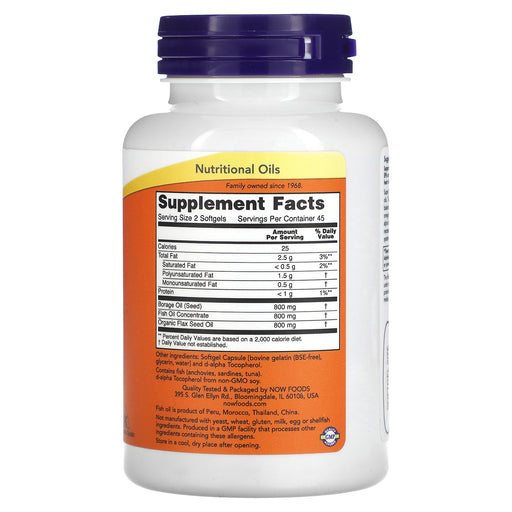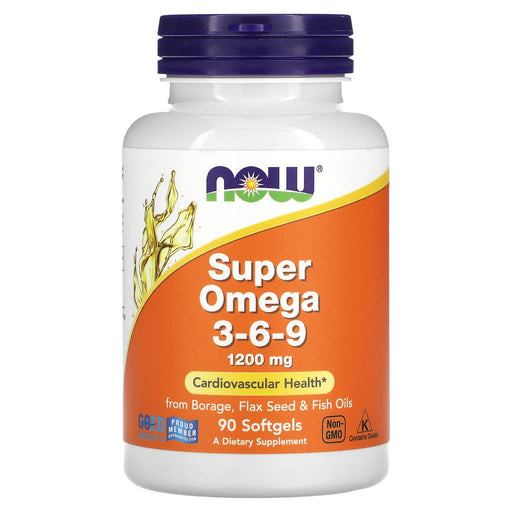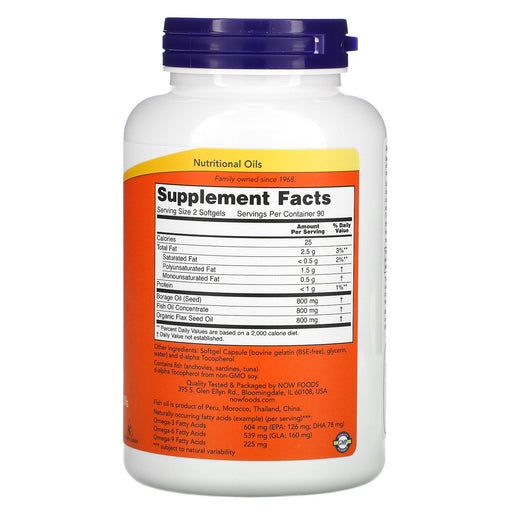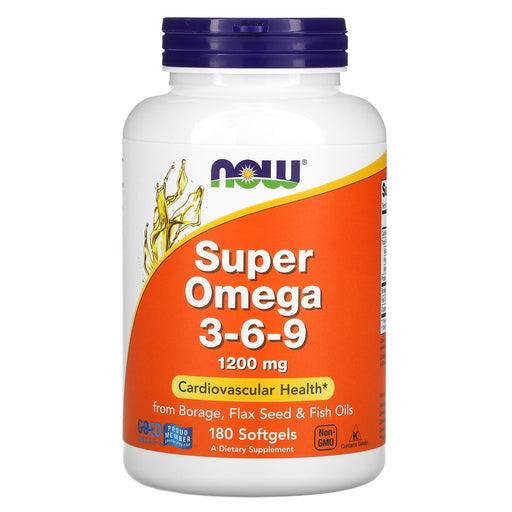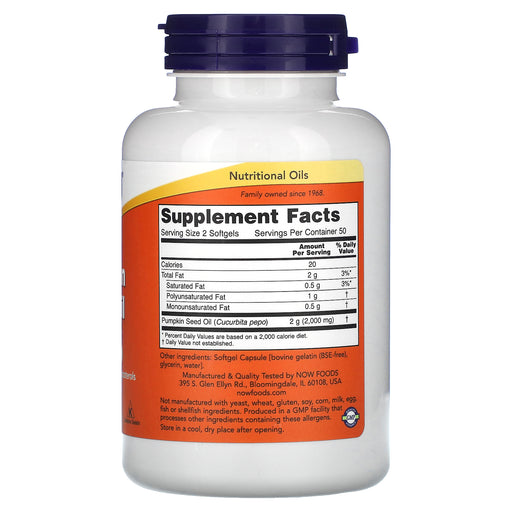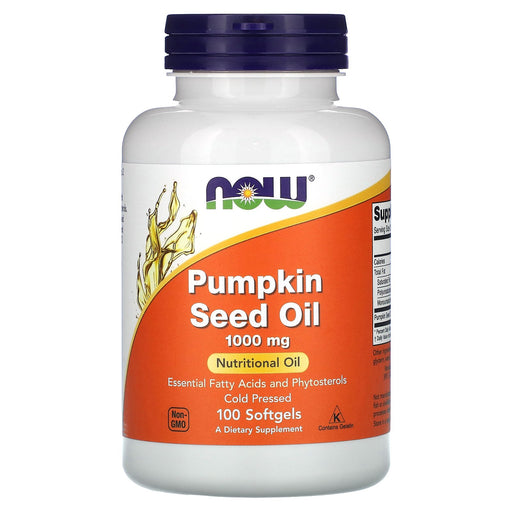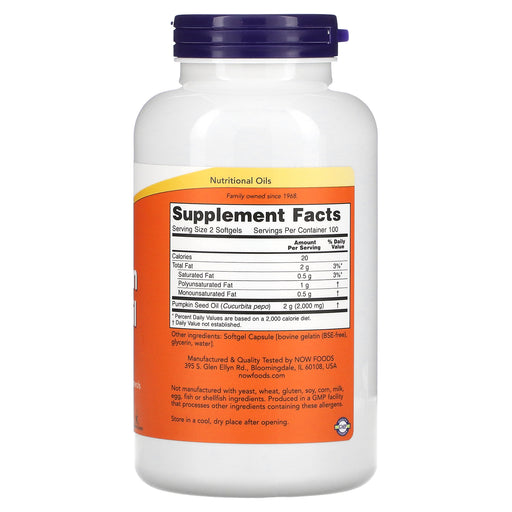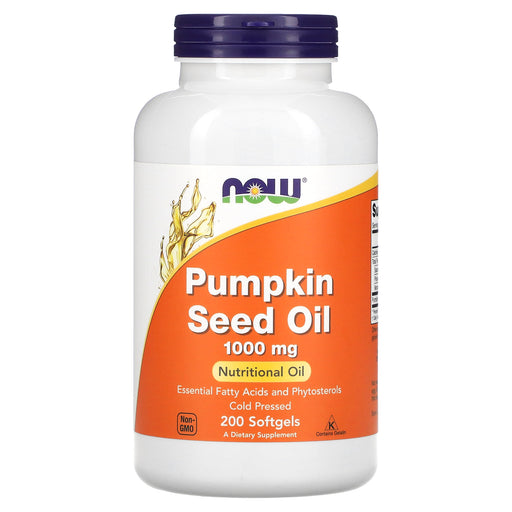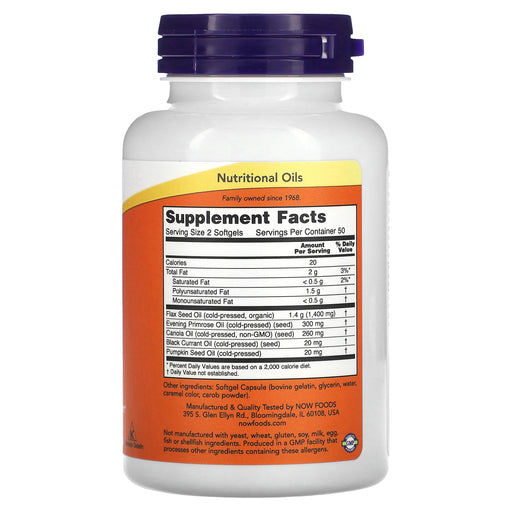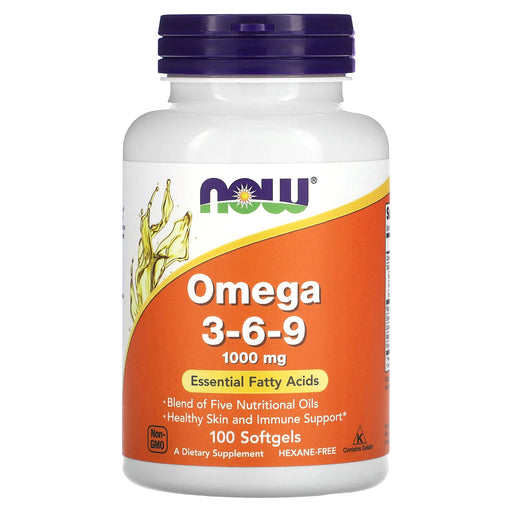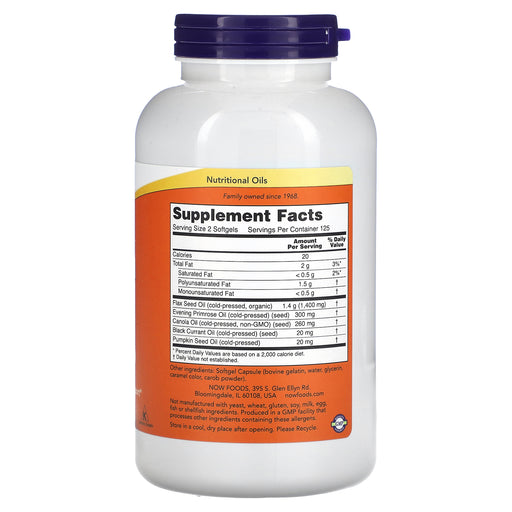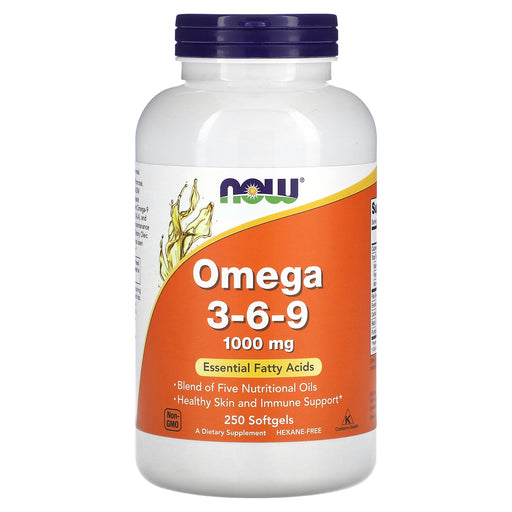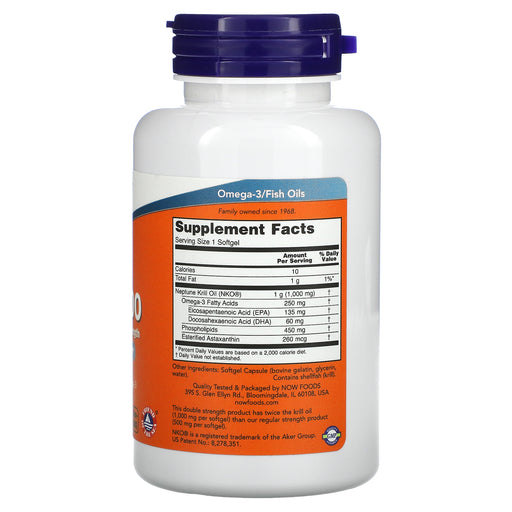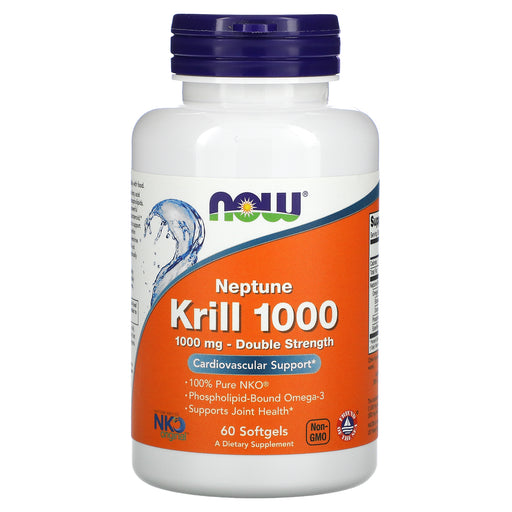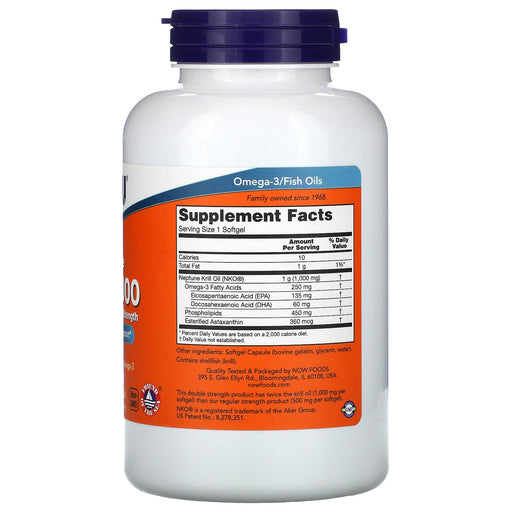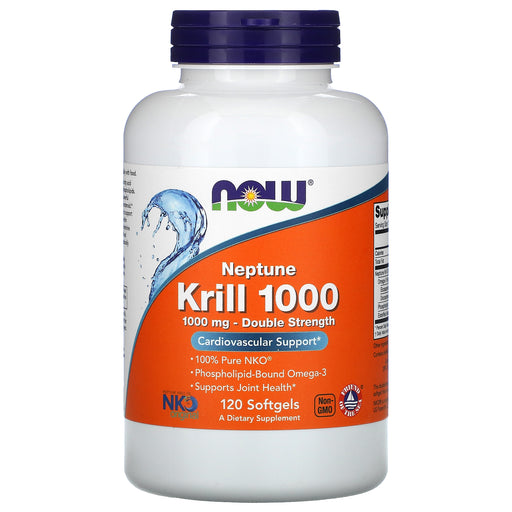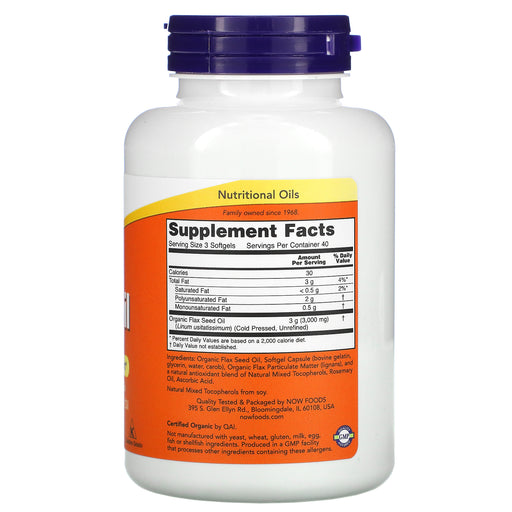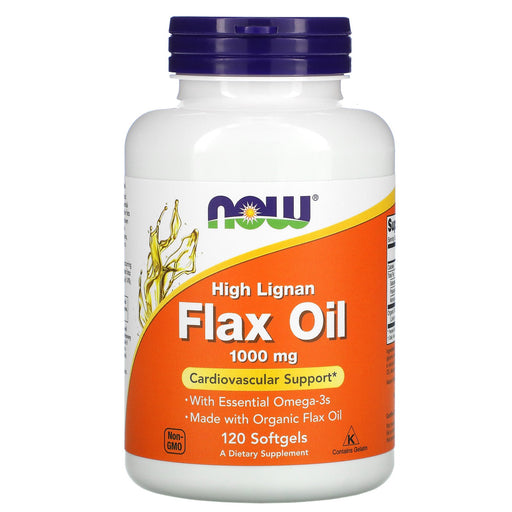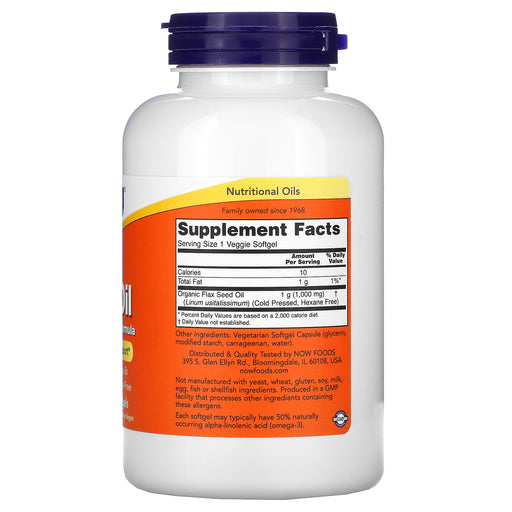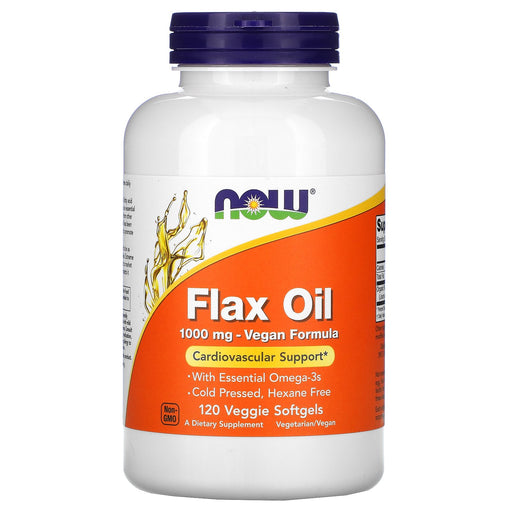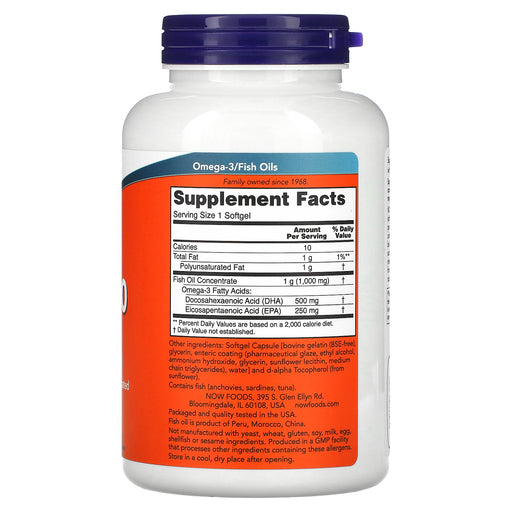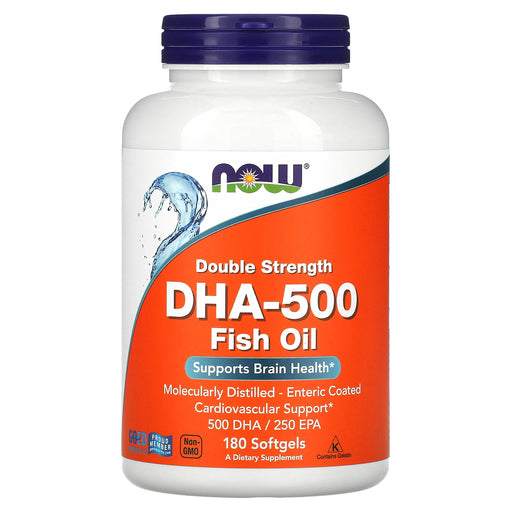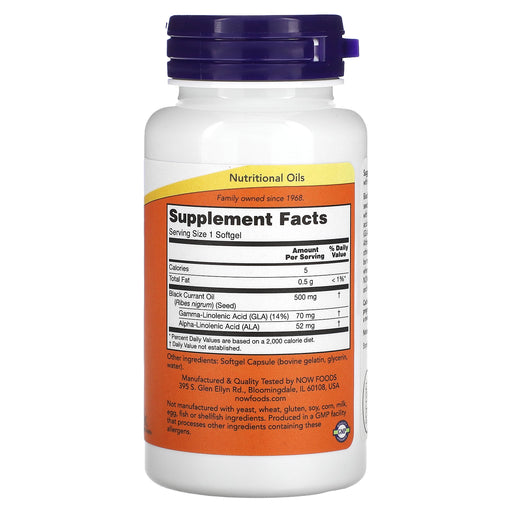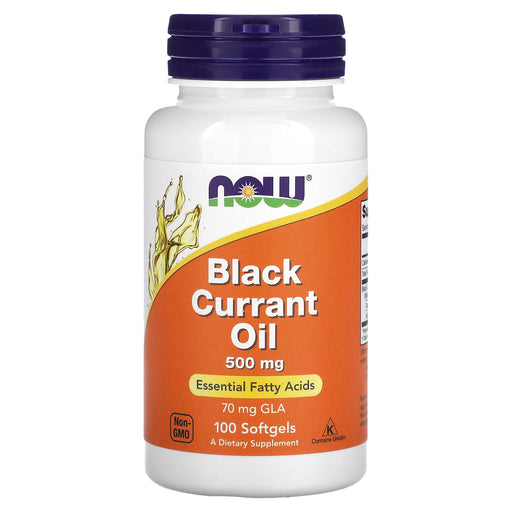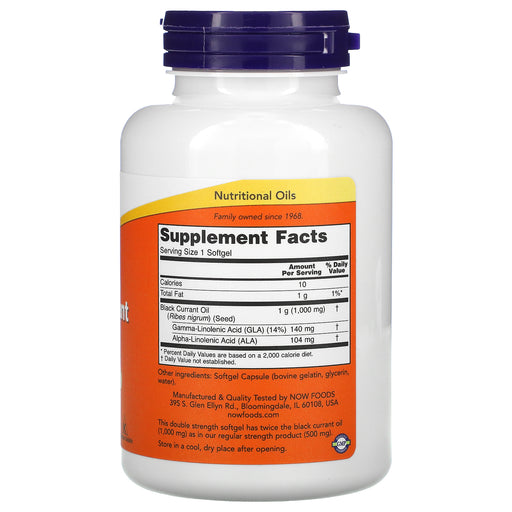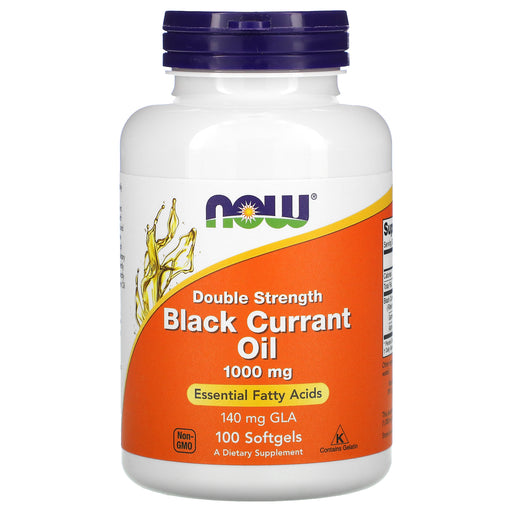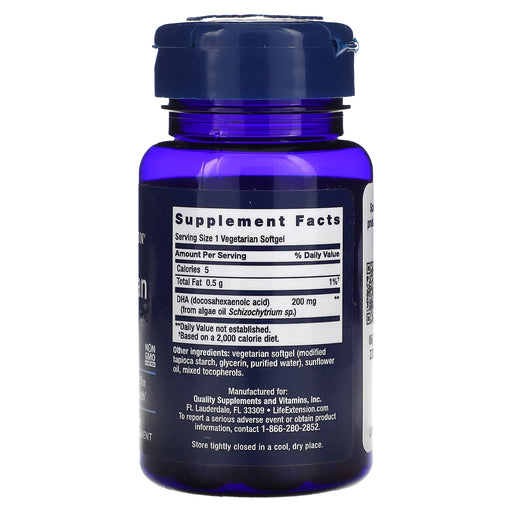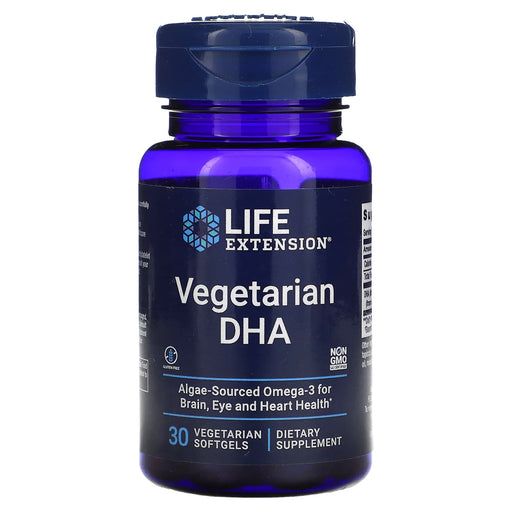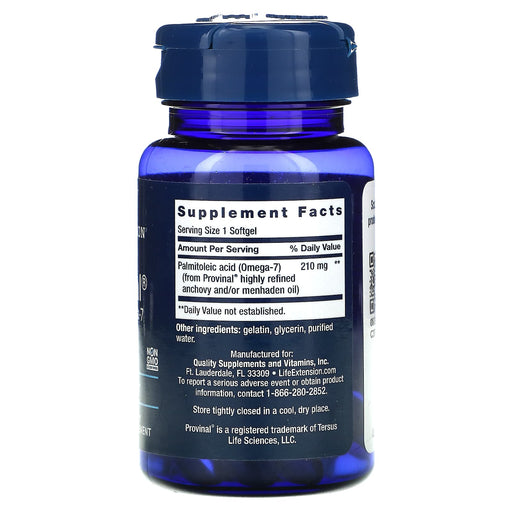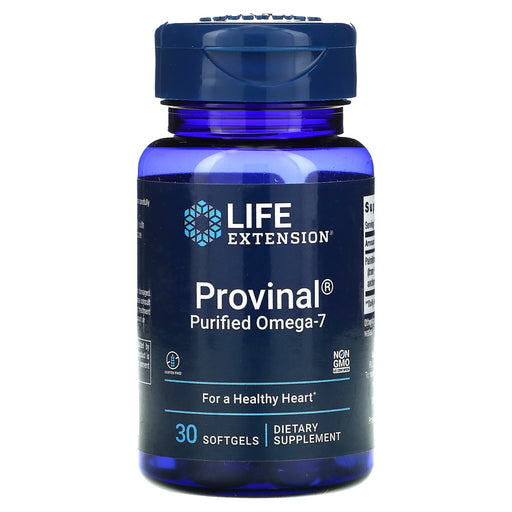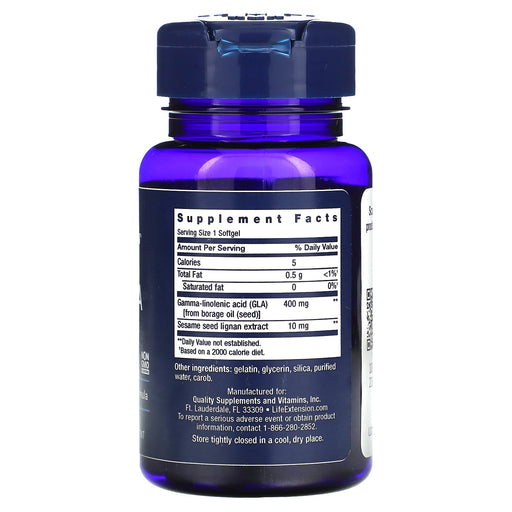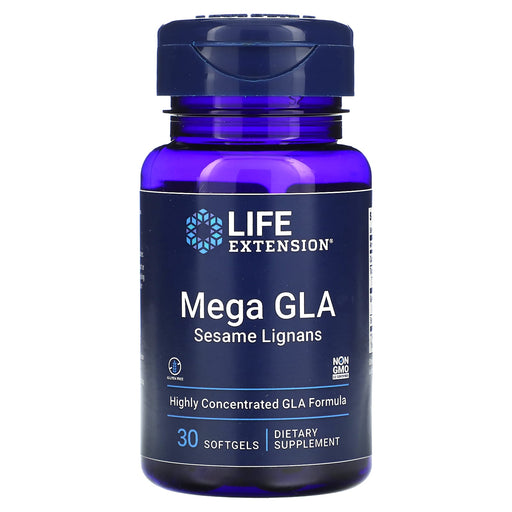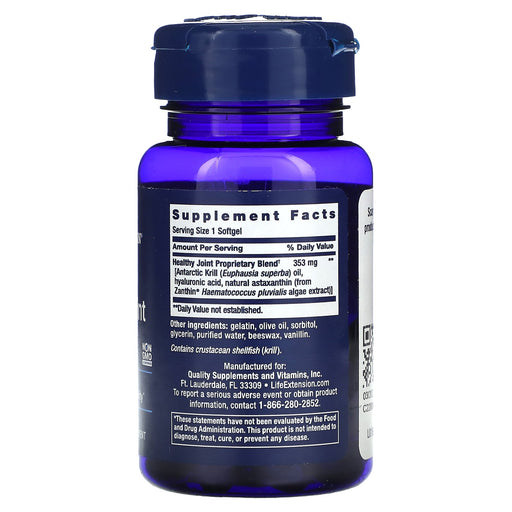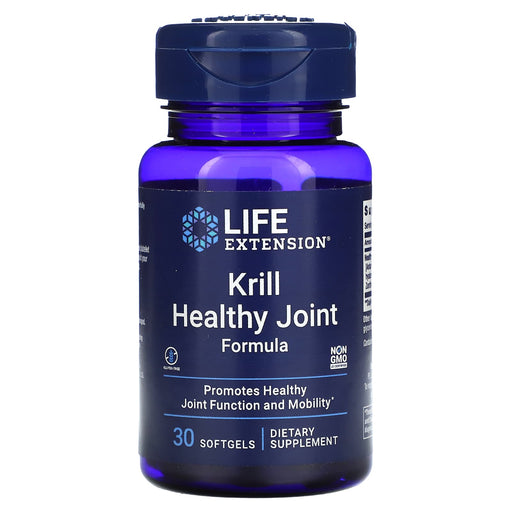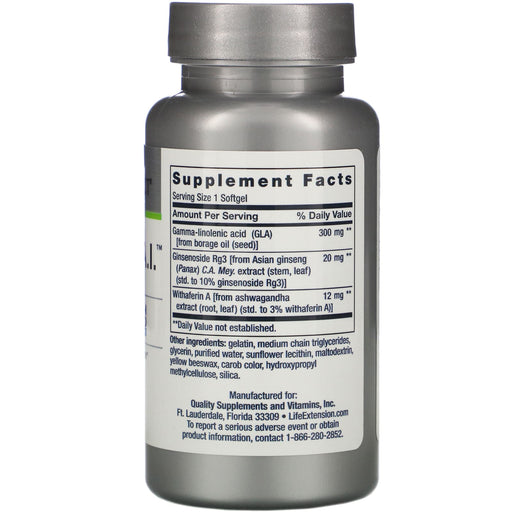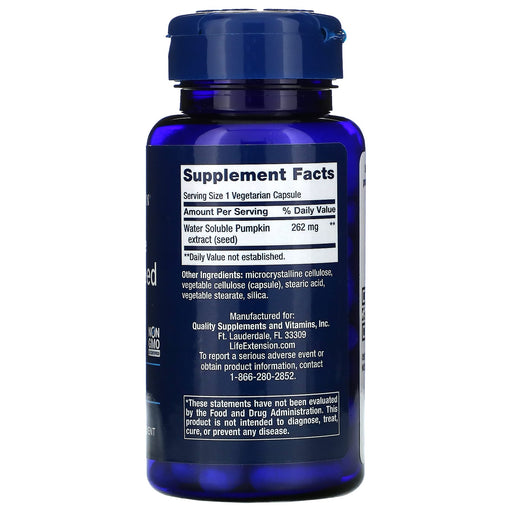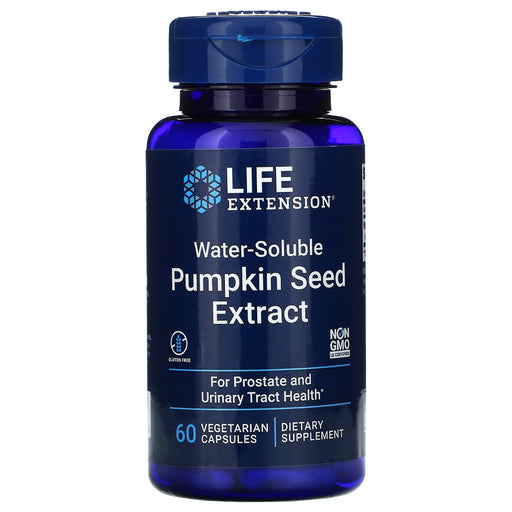
Unleashing the Power of Omega-3s for Heart, Brain, and Overall Health with Fish Oil and Omega Supplements
Omega-3 fatty acids, particularly eicosapentaenoic acid (EPA) and docosahexaenoic acid (DHA), have been widely recognized for their crucial role in supporting heart health, brain function, and overall well-being. While these essential fatty acids can be obtained through a diet rich in fatty fish, many people struggle to consume adequate amounts, making fish oil and omega supplements a convenient and effective way to ensure optimal intake.
The Benefits of Fish Oil and Omega-3 Supplementation
Incorporating fish oil and omega-3 supplements into your wellness routine can offer a wide range of potential health benefits, including:
- Cardiovascular Health Support: Omega-3s help maintain healthy triglyceride levels, reduce inflammation in blood vessels, and promote healthy blood flow, all of which contribute to a reduced risk of heart disease. Omega-3s work synergistically with other heart-healthy nutrients, such as coenzyme Q10 and vitamin E.
- Brain Function and Development: DHA is a crucial structural component of the brain, and adequate intake of omega-3s has been linked to improved cognitive function, memory, and mood. Omega-3s also support healthy brain development during pregnancy and early childhood. B vitamins, particularly vitamin B12 and folate, also play a key role in maintaining optimal brain function and neural health.
- Joint Health and Comfort: The anti-inflammatory properties of omega-3s may help reduce joint stiffness, discomfort, and swelling associated with conditions like rheumatoid arthritis and osteoarthritis. Combining omega-3s with other joint-supportive nutrients, such as glucosamine, chondroitin, and MSM, can provide a comprehensive approach to joint health.
- Eye Health: Omega-3s, particularly DHA, are concentrated in the retina and play a vital role in maintaining eye health and visual acuity. Adequate intake of omega-3s may help reduce the risk of age-related macular degeneration and dry eye syndrome. Antioxidants like lutein, zeaxanthin, and vitamin C also support optimal eye health.
- Immune Function: Omega-3s help regulate immune function and may support the body's natural defenses against infections and chronic diseases. Pairing omega-3s with immune-boosting nutrients like vitamin D, vitamin C, and zinc can provide a well-rounded approach to immune health.
- Skin Health: The anti-inflammatory and hydrating properties of omega-3s can help support skin health, reducing dryness, irritation, and the appearance of fine lines and wrinkles. Omega-3s work in synergy with antioxidants like vitamin C and vitamin E to promote healthy, youthful-looking skin.
Types of Fish Oil and Omega-3 Supplements
Fish oil and omega-3 supplements come in various forms, each with unique characteristics and potential advantages:
- Fish Oil: Derived from the tissues of fatty fish like salmon, sardines, and anchovies, fish oil is a concentrated source of EPA and DHA. Fish oil supplements are available in liquid, softgel, and capsule forms.
- Cod Liver Oil: In addition to providing EPA and DHA, cod liver oil is also a rich source of vitamin A and vitamin D, making it a popular choice for those seeking a comprehensive supplement for overall health.
- Krill Oil: Extracted from small, shrimp-like crustaceans, krill oil contains EPA and DHA in a highly bioavailable phospholipid form, as well as the potent antioxidant astaxanthin.
- Algae Oil: A plant-based source of EPA and DHA, algae oil is a suitable option for vegans, vegetarians, and those with fish allergies or concerns about potential contaminants in fish-derived supplements.
- Omega-3-6-9 Blends: These comprehensive formulas combine omega-3s (EPA and DHA) with omega-6 fatty acids (like gamma-linolenic acid, or GLA) and omega-9 fatty acids (like oleic acid) to provide a balanced approach to essential fatty acid intake.
Choosing the Best Fish Oil or Omega-3 Supplement
When selecting a fish oil or omega-3 supplement, consider the following factors to ensure you are getting a high-quality, effective product:
- EPA and DHA Content: Look for supplements that provide a combined total of at least 500-1000 mg of EPA and DHA per serving, as these are the most researched and beneficial omega-3 fatty acids.
- Purity and Quality: Choose supplements that are manufactured using molecular distillation or other advanced purification methods to remove potential contaminants like heavy metals, PCBs, and dioxins. Opt for products that are third-party tested for purity and potency.
- Freshness and Stability: Fish oil and omega-3 supplements can be prone to oxidation and rancidity. Look for products that are processed and stored carefully to maintain freshness, and that include antioxidants like vitamin E or astaxanthin to help protect the delicate fatty acids.
- Sustainability: Consider supplements that are sourced from sustainably managed fisheries or eco-friendly algae farms to minimize environmental impact and support the long-term health of marine ecosystems.
- Bioavailability: Some omega-3 supplements, like krill oil or emulsified fish oil, may offer enhanced absorption and bioavailability compared to standard fish oil supplements. Consider these options if you have difficulty with digestion or absorption.
Tips for Maximizing the Benefits of Fish Oil and Omega-3 Supplements
To get the most out of your fish oil or omega-3 supplement and support overall health, consider the following tips:
- Choose the Right Dosage: The optimal dosage of omega-3s varies depending on individual health needs and goals. Consult with a healthcare professional to determine the appropriate dosage for your specific situation.
- Take with Food: To enhance absorption and reduce the risk of digestive discomfort, take your fish oil or omega-3 supplement with a meal that contains some fat.
- Store Properly: To maintain freshness and potency, store your supplement in a cool, dry place, away from direct sunlight and heat. Refrigeration can also help extend the shelf life of fish oil and omega-3 supplements.
- Pair with a Balanced Diet: While supplements can help ensure adequate omega-3 intake, they should be used in conjunction with a balanced diet that includes other sources of healthy fats, such as nuts, seeds, avocados, and olive oil.
- Be Consistent: To experience the full range of potential health benefits, take your fish oil or omega-3 supplement consistently, as directed, over an extended period.
- Consider Complementary Nutrients: Enhance the health benefits of your omega-3 supplement by pairing it with other supportive nutrients. For heart health, consider coenzyme Q10 and vitamin E. For brain function, look for B vitamins like B12 and folate. To support joint health, consider adding glucosamine, chondroitin, and MSM. And for immune function, pair omega-3s with vitamin D, vitamin C, and zinc.
Support Optimal Health and Well-Being with Premium Fish Oil and Omega Supplements from Health Orchard
Unleash the power of omega-3s for heart health, brain function, and overall well-being with Health Orchard's curated selection of fish oil and omega supplements. Our collection features the best and most scientifically advanced omega products available today.
From ultra-pure, molecularly distilled fish oils to eco-friendly algae-based formulas, we offer a wide range of options to suit every preference and health goal. All of our supplements are sourced from trusted brands and manufactured to the highest standards of quality, purity, and sustainability.
Take control of your health and well-being from the inside out with a premium fish oil or omega supplement from Health Orchard. Explore our collection today and experience the transformative power of these essential nutrients for yourself!
Frequently Asked Questions about Fish Oil & Omegas
1. What are fish oil and omega-3s good for?
Fish oil and omega-3 fatty acids are essential nutrients that offer a wide range of potential health benefits, including:
- Heart health: Omega-3s may help lower blood pressure, reduce triglyceride levels, and decrease the risk of heart attack, stroke, and arrhythmias.
- Brain function: DHA, a type of omega-3, is crucial for brain development and may support cognitive function, memory, and mental health.
- Eye health: DHA is also a major component of the retina, and adequate omega-3 intake may help protect against age-related vision problems like macular degeneration.
- Joint health: Omega-3s may help alleviate symptoms of rheumatoid arthritis and other inflammatory joint conditions by reducing pain and stiffness.
- Skin health: Omega-3s may support skin health by helping to maintain moisture, reduce inflammation, and protect against sun damage.
2. Is it good to take fish oil supplements every day?
For most people, taking fish oil supplements daily is generally safe and can provide numerous potential health benefits. However, the decision to take fish oil supplements every day should be made in consultation with a healthcare professional, considering factors such as:
- Individual health status and medical history
- Current medications and potential interactions
- Dosage and quality of the fish oil supplement
- Personal risk factors for certain health conditions
In general, the recommended daily intake of omega-3 fatty acids (combined EPA and DHA) for adults is around 250-500 mg, which can be obtained through a combination of dietary sources (e.g., fatty fish like salmon, sardines, and anchovies) and supplements. Higher doses may be recommended for specific health conditions, but this should be done under the guidance of a healthcare professional.
3. What are the benefits of taking whole omega-3 fish oil?
Taking a whole omega-3 fish oil supplement can provide a range of potential health benefits, thanks to the unique combination of omega-3 fatty acids and other beneficial compounds found in fish oil. Some of these benefits include:
- Improved absorption: The natural triglyceride form of omega-3s found in whole fish oil may be better absorbed by the body compared to the ethyl ester form found in some concentrated omega-3 supplements.
- Additional beneficial compounds: Whole fish oil may contain other beneficial compounds, such as vitamin A, vitamin D, and antioxidants like astaxanthin, which can offer additional health benefits beyond those provided by omega-3s alone.
- Brain and mental health: DHA, a major component of whole fish oil, is essential for brain function and may support cognitive performance, memory, and mental well-being.
- Joint health: The anti-inflammatory properties of omega-3s in whole fish oil may help alleviate symptoms of rheumatoid arthritis and other inflammatory joint conditions.
4. Who should not take fish oil?
While fish oil supplements are generally safe and well-tolerated by most people, there are certain individuals who should avoid taking them or use them with caution. These include:
- People with allergies to fish or shellfish
- Individuals with bleeding disorders or taking blood-thinning medications
- People undergoing surgery
- Pregnant women
- People with certain medical conditions
It's always best to consult with a healthcare professional before starting any new supplement regimen, including fish oil, to ensure that it is safe and appropriate for your individual needs and health status.
5. What happens if you take omega-3 fish oil every day?
Taking omega-3 fish oil supplements every day can lead to several potential health benefits, but it's important to note that individual results may vary. Some of the possible effects of daily omega-3 fish oil supplementation include:
- Reduced inflammation
- Improved heart health
- Enhanced brain function
- Better eye health
- Improved joint health
- Potential skin benefits
- Possible digestive discomfort
It's essential to follow the recommended dosage instructions and to choose a high-quality fish oil supplement from a reputable manufacturer. As with any supplement, consult with a healthcare professional before starting daily fish oil supplementation to ensure it is safe and appropriate for your individual needs.
6. What happens to your body when you start taking fish oil?
When you start taking fish oil supplements, your body begins to incorporate the omega-3 fatty acids (EPA and DHA) into various tissues and cellular structures. This process can lead to several potential changes and health benefits, including:
- Incorporation into cell membranes: Omega-3s are incorporated into the membranes of cells throughout the body, affecting membrane fluidity, signaling, and receptor function. This can have wide-ranging effects on cellular health and function.
- Reduced inflammation: Omega-3s can help reduce the production of pro-inflammatory compounds and increase the production of anti-inflammatory mediators. This may help lower chronic inflammation throughout the body, potentially reducing the risk of various inflammation-related diseases.
- Enhanced brain function: As DHA is a major component of brain cell membranes, increased omega-3 intake may support cognitive function, memory, and mental well-being.
- Improved joint health: The anti-inflammatory properties of omega-3s may help reduce pain and stiffness associated with inflammatory joint conditions like rheumatoid arthritis.
- Potential digestive effects: Some people may experience mild digestive discomfort when first starting fish oil supplements, such as fishy burps, indigestion, or loose stools.






